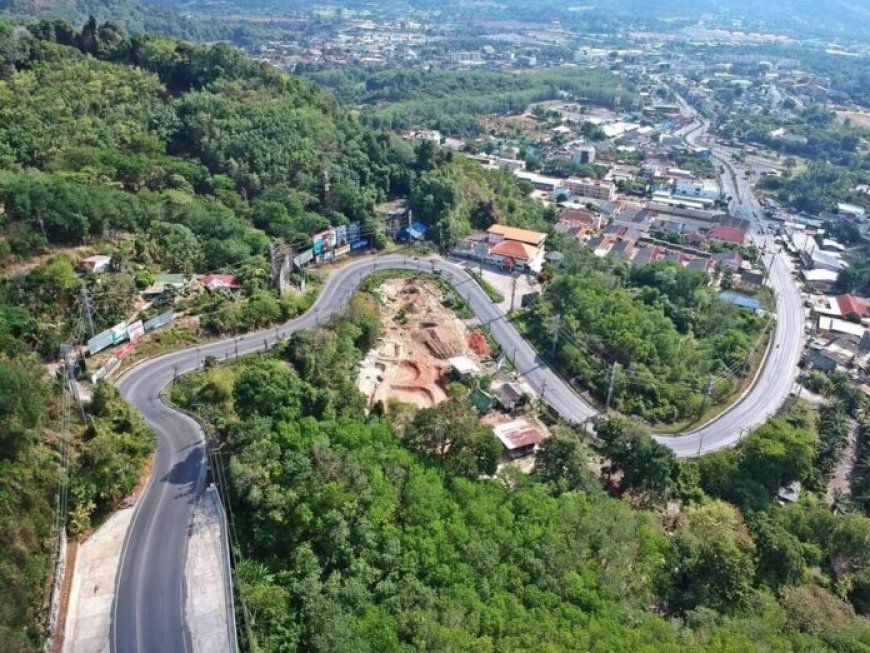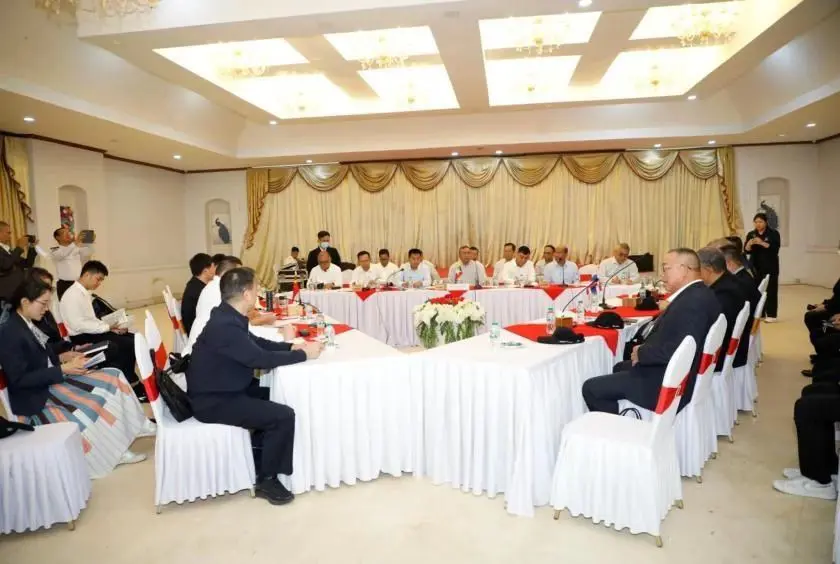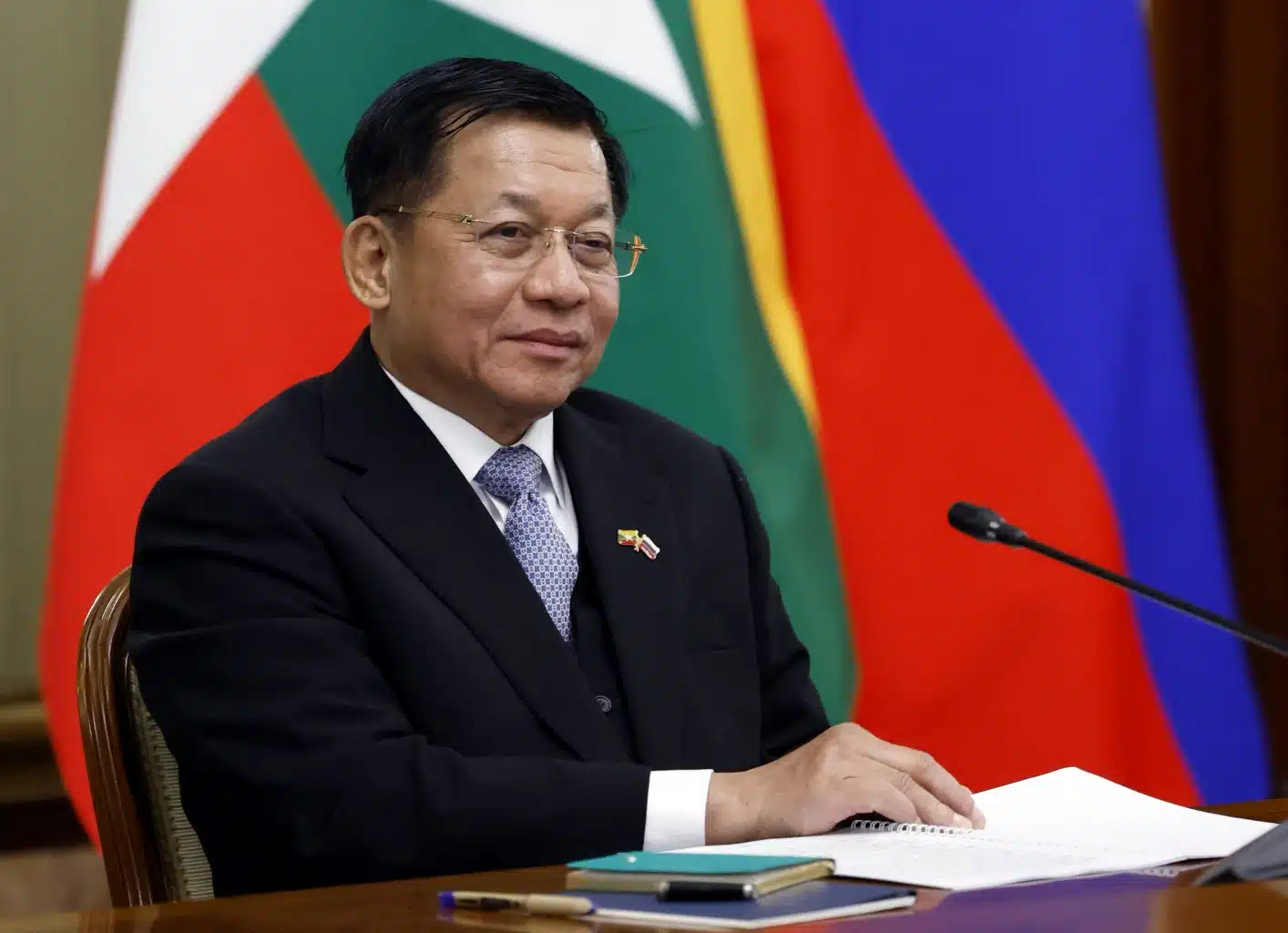Can Phuket become a metropolis in the form of a special administrative region? PHUKET – One of Thailand’s most important
Can Phuket become a metropolis in the form of a special administrative region? PHUKET – One of Thailand’s most important tourist destinations, Phuket earns more than 300 billion baht in tourism revenue and has set a target of 400 billion baht for this year.
However, due to inconsistencies in regulations, it is unable to solve a wide range of civic issues. With more than 70% of tourists coming from overseas and 30% arriving from within the country, Phuket’s massive influx of people, including over 10 million tourists and a transitory population, has put a strain on the province’s basic infrastructure.
Phuket Mayor Saroj Angkanapilas told Prachachat Business that Phuket Municipality has sent a letter to Prime Minister Srettha Thavisin requesting to become a special administrative organization or “special city”, initially only for the Phuket Municipality area, not for the entire province.
The reason is that the current administrative system applies the same regulations and laws nationwide, making Phuket inflexible, delaying the resolution of problems and lacking opportunities for urban development to compete with major tourist cities around the world.
“Tourist cities in many countries are far ahead in their development, so Phuket will lose its competitive edge if it continues to use the same administrative system,” Sarot pointed out. “Decentralization is also one of the policies of this government that has been announced in Parliament,” the prime minister remarked.
On April 18, Prime Minister Srettha Thavisin said he hadn’t received the idea yet. When he receives it, he will review it and take extra steps to solicit feedback from all sectors. He now believes that the government recognises Phuket’s role as a province for economic development.
According to Phuket Mayor Saroj, the government currently allocates funds based on the number of people registered in the house register, which is over 70,000 people, or about 50 million baht per year. There is also an additional subsidy of about 9-10 million baht, which is not enough to solve the various problems in the province.
In addition, Phuket Municipality has a transient population of 2-3 times the registered population, and there are also a large number of tourists, which leads to various problems such as waste, wastewater treatment, traffic congestion, and flooding.
The new draft law, the Phuket City Administration Act B.E. …, consists of 156 articles and outlines the key points of establishing Phuket City as follows:vChange Phuket Municipality to a special administrative organization called “Phuket City” with a mayor elected directly by the people.
It also calls for additional duties and powers by enacting 17 more laws to manage the city in an integrated manner. Phuket City will not be under any authority of the ministry, similar to the Eastern Special Economic Zone Act B.E. 2561 (EEC Act 2018), which gives the EEC Committee the power to manage the three provinces of Chonburi, Rayong and Chachoengsao without the constraints of other authorities.
The 17 additional laws cover:
Promotion and investment
Foreign workers
Foreign companies
Immigration
Tourism and travel guides
Environmental promotion and quality
Urban planning
Factories
Land transportation
Land transportation (without vehicle registration)
Water management
Disaster management
Management of the old city
Public transportation system
Traffic management
Residential population management
Land use management
The structure and administration of Phuket City will be under the supervision of the Phuket Special City Supervisory Committee, which reports directly to the Cabinet. The Mayor of Phuket City will be directly elected by the people for a term of 4 years.
If Phuket Special City has a budget and regulations that allow for easier and faster management in various areas, Phuket City will be a city that can compete with cities around the world. Phuket Municipality has already worked out various strategies and plans to support this.








